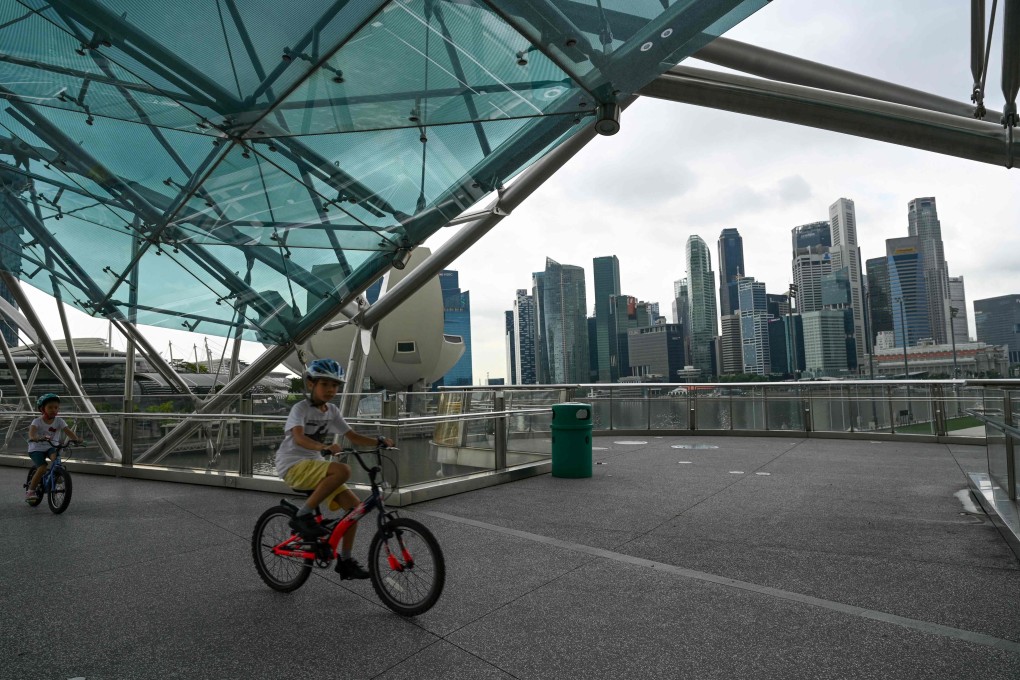Singapore calms parents’ fears over child vaccinations, says Pfizer-BioNTech’s mRNA Covid-19 jab will help defend against Omicron
- Jabs for children aged five to 11 are being rolled out with 46 per cent of vaccinated adults getting boosters
- 7 in 10 people who died from Covid-19 in 2020 were not fully jabbed; small sample size for fully-jabbed shows most deaths among those who took China-made shots

A high child vaccination rate could prove crucial as the country gears up to face a new wave of infections linked to the more transmissible Omicron variant, officials told lawmakers in parliament.
Singapore’s Covid-19 situation has stabilised following a surge of cases in the second half of last year fuelled by the Delta variant.
With 87 per cent of Singapore’s 5.45 million population now fully vaccinated against Covid-19, the inoculation of children aged five to 11 is the latest stage of the country’s pacesetting vaccine roll-out.
Local authorities have thus far only approved the Pfizer-BioNTech “Cominarty” vaccine – which uses messenger ribonucleic acid (mRNA) technology – for children, and like in the US, children will only receive a third of the dosage given to adults.
Health Minister Ong Ye Kung acknowledged that some parents were hesitant about the side effects of mRNA vaccines but stressed that the current option was the best available, given that extensive clinical trials showed such vaccines were safe and effective.
“In the meantime, Omicron is upon us. [It is] highly transmissible and we do not want to rule out that even a small percentage of children can get very sick. We might be looking at a significant absolute number,” Ong said.